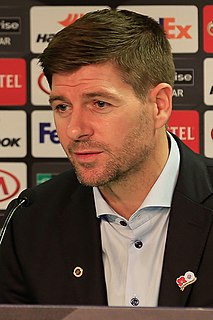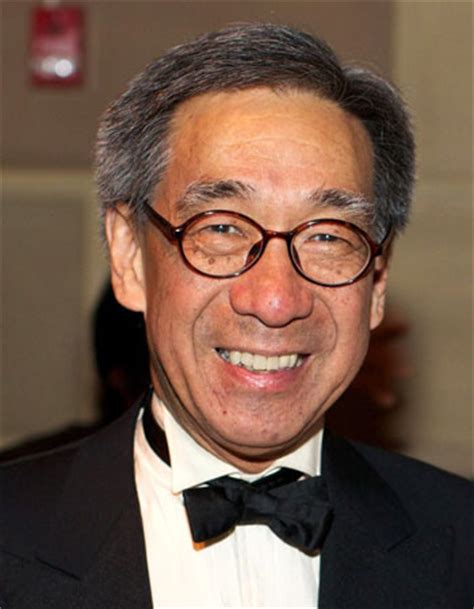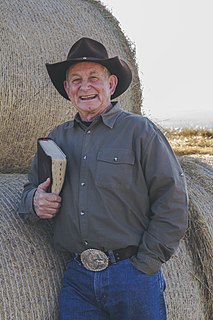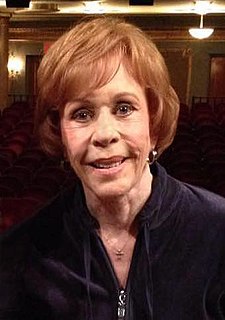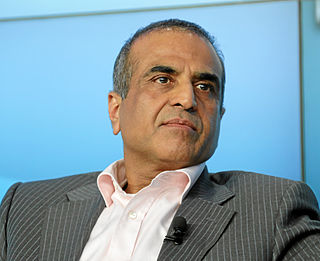A Quote by Joseph Fiennes
At home, our parents never compared us. I mean, there were seven of us kids. Obviously, I always looked up to my brother and his work, and I have nothing but utter respect. But I never felt we were in competition.
Related Quotes
My parents were perfectly open-minded about everything. They never tried to convince us of what was true or what wasn't true in their minds. We were just presented with the information that was around and pretty much allowed - though, I mean, we knew how they felt. We knew they didn't go to church. So obviously that had an effect.
We were massive underdogs at the beginning of the competition and I'll put my hands up say and I didn't think we were going to go all the way. But, as you can see, we are never beaten. The manager told us to keep our chins up, to try and score early in the second half and give some respect for the fans. The first goal gave us a bit of belief. The supporters have saved up for weeks and months to come here. I am so happy to lift the cup for the fans.
Being Chinese immigrants in the United States, it was important for my parents to maintain ties that went back a long time. They led by example. My dad didn't bring his work pressures home. We were always aware of them and would go as kids to his office and run around. But when he came home, he was able to leave things behind, at least from our perspective, and focus on us.
Though our brother is upon the rack, as long as we ourselves are at ease, our senses will never inform us of what he suffers. They never did and never can carry us beyond our own persons, and it is by the imagination only that we form any conception of what are his sensations...His agonies, when they are thus brought home to ourselves, when we have this adopted and made them our own, begin at last to affect us, and we then tremble and shudder at the thought of what he feels.
I believe that family is closer to God's heart than anything else, the support system he has given us to build us up in faith, and to support us when we falter. If we want our family lives to conform to God's will, Jesus must be our priority, our focal point, in our home as well as in our ministries.
That doesn't mean that it's always easy to live together: home can be the hardest place to live a Christian life. That's were people see us when we're tired and our defences are down.
Our parents all experimented with raising us in a fairly loose, unorthodox way. A huge emphasis was placed on creativity, and our artistic efforts were never dismissed as childish. There was a sense that we - kids and grown-ups - all had the potential to make something of value. Our drawings were not simply destined for the refrigerator.



